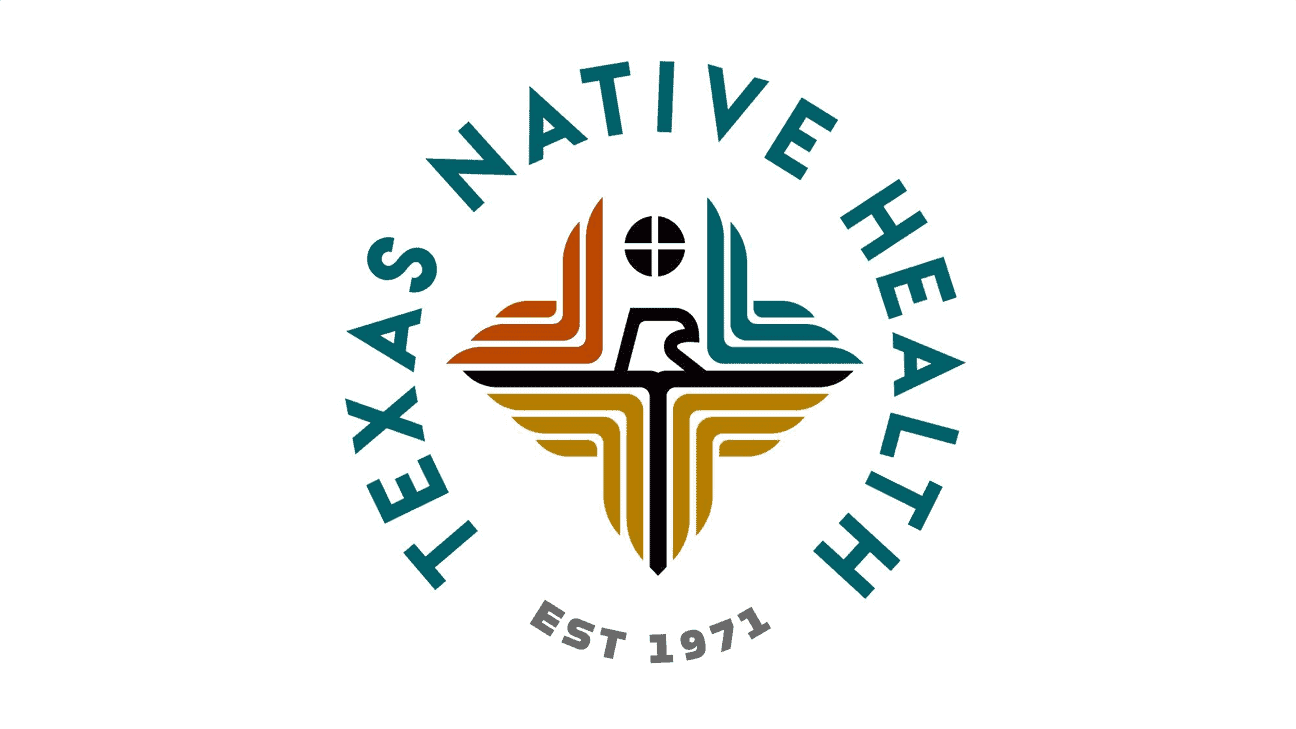
Dallas Inter-Tribal Center Reopens as Texas Native Health
Published March 5, 2024By Kellie Matherly
Texas Native Health formerly known as the Dallas Inter-Tribal Center and the Urban Inter-Tribal Center of Texas, will celebrate its grand reopening ceremony on March 22, 2024, at its newly renovated facility in Dallas, Texas. The facility’s upgrades are a testament to the organization’s commitment to the Native American community and its desire to offer the highest level of care to tribal members in the area.
In the wake of the Indian Relocation Act of 1956, large numbers of Native Americans left their tribal reservations for urban areas. While the program was voluntary, the U.S. government strongly encouraged them to seed out employment, education and social services in large cities.
Unfortunately, as with many other U.S. federal policies regarding Native Americans, the Indian Relocation Act was a wolf in sheep’s clothing. In essence, the Act served to reduce the federal government’s responsibility for providing services on reservations, promote assimilation and diminish tribal sovereignty. The government failed to follow through on its promises of prosperity and opportunity for those who relocated, and as a result, many Native Americans encountered discrimination, homelessness, unemployment and poverty in their new homes.
What is now Texas Native Health (TNH) was created to help tribal members in the DFW Metroplex who did not have access to healthcare. According to TNH’s website, the Center was originally staffed by volunteer physicians and operated out of the Dallas Indian United Methodist Church building. TNH officially opened its doors in 1971.
The official mission of TNH is “Strengthening and encouraging the health and well-being of Native Americans.”
Toward fulfilling this mission, TNH has continued to grow and expand its services over the past 53 years. Today, the Center operates out of a 58,813 square foot facility in the Dallas Medical District and houses a wide range of resources, such as indoor and outdoor event spaces, pharmacy, behavioral health counseling, career services, primary care, diabetes management, dental care and much more at no cost to the patient.
Amber White, the Center’s registered dietitian, is proud of how far TNH has come since she joined the staff 10 years ago.
“I want people to know we are here and what services we provide. We provide top-notch services comparable to the rest of the healthcare industry,” said White.
White works directly with patients daily to manage diabetes and promote wellness through education and simple changes to their lifestyles. A new state-of-the-art kitchen and demo area also allows her to teach tribal members how to cook nutritious meals that promote healthy blood sugar levels at home. These cooking classes take place on the third Wednesday of each month, and all materials are provided by TNH. It’s a great way to meet and fellowship with people from other tribes over a delicious meal.
To learn more about diabetes management at TNH and eligibility requirements, including the shoe program, foot health, retinal eye screening and virtual ADCES accredited diabetes classes, visit their website.
Dental care is another popular program at TNH, and the latest expansion comes with more dental chairs for services. The Dental Clinic operates 8:00 a.m. to 5:00 p.m. on Monday, Tuesday, Thursday and Friday. While the center is still filling open positions for dental staff, the Clinic is currently taking patients for a variety of procedures, including routine examinations, radiographs, sealants, fluoride applications, fillings, simple extractions, cleanings, pediatric dental care and more. The Clinic does not provide sedation, dentures, orthodontics, cosmetic dentistry or root canals.
In addition to a broad range of medical services, TNH also staffs a robust Community Development Department. Serving 28 counties in and around the DFW Metroplex, the outreach programs housed in this department focus on education, workforce development and economic success.
The Workforce Innovation and Opportunity Act (WIOA) was signed into law on July 22, 2014, and is designed to help job seekers access support services, training, education and other resources to help them succeed in the modern labor market. TNH’s WIOA program takes a community-centered approach in engaging with local stakeholders, educational organizations and employers to create pathways to success for tribal members. This encompasses inclusive access for individuals who often face barriers to employment, including veterans, people with disabilities and those seeking to re-enter the workforce.
In addition to WIOA, TNH also operates the Native Pathways Program, a youth empowerment and education initiative. Supported by the U.S. Department of Education, this program promotes equity and cultural and community resiliency for American Indian/Alaska Native students in grades K-12 who live in Texas. Under Native Pathways, TNH offers 1:1 online tutoring services and learning apps, cultural workshops, language learning activities, STEAM learning adventures and more.
While TNH is largely funded by the Indian Health Service (IHS), it also receives funding from numerous grants and donations. The facility does take insurance to offset the cost of treatment, but patients are never responsible for copays, visit costs, outreach programs, or prescriptions they receive there.
Texas Native Health is located at 1283 Record Crossing Road, Dallas, Texas. To learn more about patient services, outreach programs or registering as a patient, visit texasnativehealth.org or call 214-941-1050.